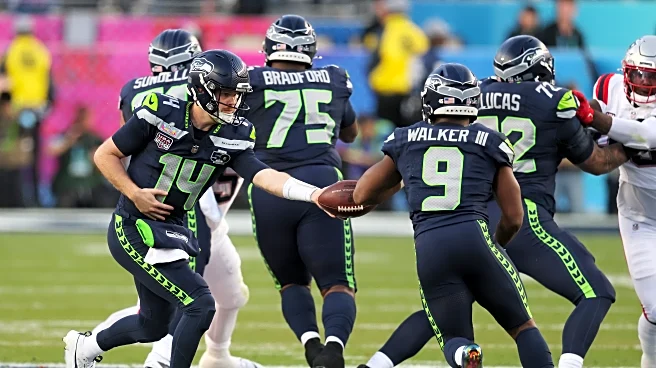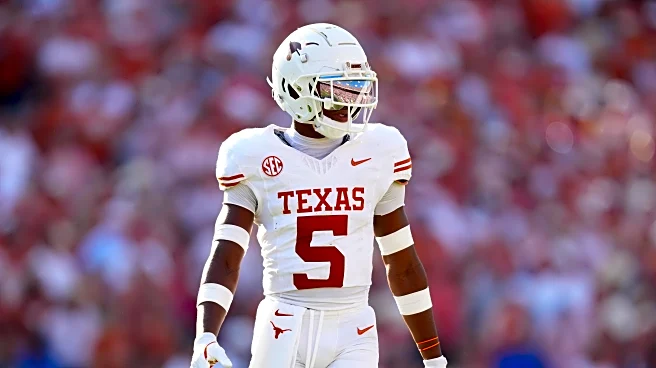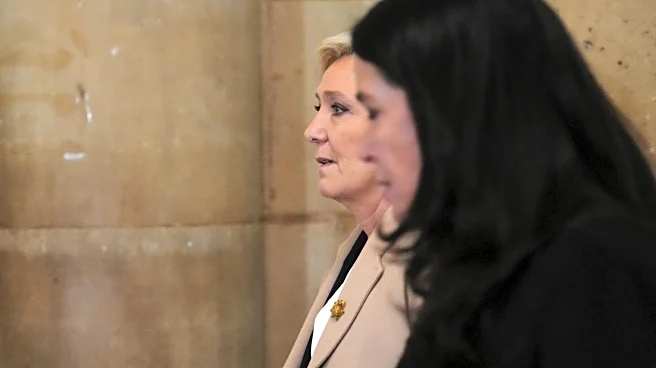What's Happening?
World leaders have arrived in Johannesburg for the first-ever Group of 20 summit held in Africa. The summit aims to address global issues affecting poorer countries, but is overshadowed by a rift between host South Africa and the United States. President
Trump has ordered a boycott of the summit, citing alleged persecution of the white Afrikaner minority in South Africa. This boycott threatens to undermine the summit's agenda, which includes discussions on climate change, debt burdens, and global inequality. Despite the absence of the U.S., other leaders are seeking to forge new trade deals and partnerships.
Why It's Important?
The U.S. boycott of the G20 summit in Africa highlights the ongoing diplomatic tensions between the two countries and reflects President Trump's critical stance on multinational organizations. The absence of the U.S., a major economic power, could shift the dynamics of the summit, potentially leading to increased influence from other nations like China and Russia. This situation may catalyze more diverse leadership in global governance and encourage African countries to strengthen ties with other international partners. The summit's outcomes could impact global economic policies and trade relations.

















